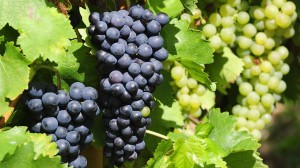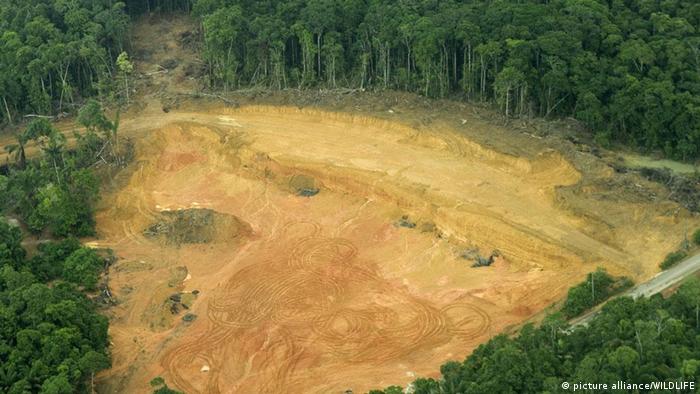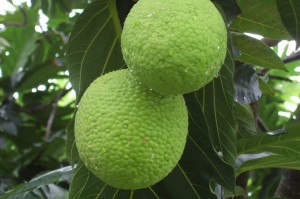A comprehensive inventory of Tanzania’s forests
Nearly 20% of green house gas emissions worldwide are caused by deforestation and forest degradation in developing countries. Estimating and reducing these emissions is therefore one of the key goals for the international community as the Rio+20 conference on sustainable development in June draws closer. One country attempting to do just that is Tanzania. The country is currently in the process of drawing up a comprehensive inventory of its forests as you can see in the video above by the Food and Agriculture Organization of the United Nations (FAO). The inventory is meant to help the East African country to better manage its natural resources. Today more than a third of Tanzania is forested, but almost 1% of that forest is being lost annually. The inventory will measure how much carbon is stored within Tanzania’s forests and will help the country to understand the role it can play in mitigating climate change.
French
Spanish
Rio Connection: Reasons to be cheerful
This summer, 20 years on from the 1992 Earth Summit in Rio de Janiero, Brazil, government representatives will meet at a ‘Rio+20’ summit to discuss sustainable development. We need to keep the pressure on, says the British “Stop Climate Chaos Coalition”. Absolutely right!
Grape skins as energy?
 If you’re familiar with biomass, you know that an increasing amount of food products are being used to generate energy – from diesel fuel to electricity and heat, scraps of corn, soy and other crops have become big business.
If you’re familiar with biomass, you know that an increasing amount of food products are being used to generate energy – from diesel fuel to electricity and heat, scraps of corn, soy and other crops have become big business.
But students at a technical school in Sardinia came up with a novel idea: using grape skins to create a photovoltaic system. According to the students’ teacher, who helped them develop the project, the skins of grapes contain photovoltaic power cells – and unlike blueberries, grapes are affordable and the skins are left over after wine production. The students are hoping their innovative project will give them an edge at the EU Contest for Young Scientists this September in Bratislava, Slovakia.
New brazilian land law softens environmental regulations, WWF alarmed
 The Brazilian parliament has adopted a new, hotly-debated land law. Environmentalist fear that it puts the country’s rainforest, one of the world’s richest, at high risk.
The Brazilian parliament has adopted a new, hotly-debated land law. Environmentalist fear that it puts the country’s rainforest, one of the world’s richest, at high risk.
Large landowners and peasants benefit from the law, because it eases existing restrictions: landowners are no longer bound to reforest riverbanks, for example, and environmental regulations have also been softened.
![]() read more
read more
Multi-talented trees that fight hunger, climate change and poverty
Sometimes, all it takes is the right idea to kill (at least) two birds with one stone. And that’s what Mary and her husband Mike had back in 2008. They wanted to find a way to address hunger in their native county Jamaica. That’s why they decided to plant more breadfruit-trees, because the breadfruit itself can be used for several different dishes. And their plan worked: not only did Mary and Mike help alleviate hunger, but they also helped bring some green back to the region, benefiting the climate, too. That’s the concept that drives their organization, the Trees that feed Foundation.
With their project, they also boosted the local economy by developing a model for farmers to share. And their idea encouraged follow-up projects, too. In cooperation with another non-profit organization, the Compatible Technology International, they developed a breadfruit-mill out of a bicycle – and thereby developed a CO2- neutral way to process the fruits.
And since then, their plan has only spread further, from breadfruit to other trees that produce edible fruits, like the moringa and pigeon pea trees as well as mango and guava trees. “Our intent is to supply trees for planting in small farms, field margins and urban backyards. We will focus on plants that require minimal use of fertilizers and agricultural chemicals”, the Foundation explains on its website.
If you would like to support Trees that feed and help them expand to communities in the Caribbean, Central America and Africa,go to check their website to find out how.









Feedback